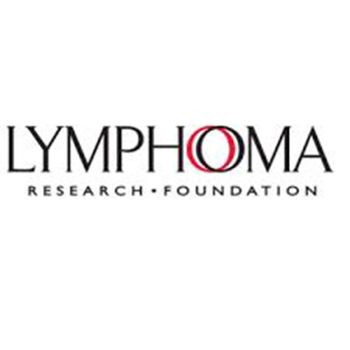
A new triplet for treating multiple myeloma may be then next new standard, according to Antonio Palumbo.

A new triplet for treating multiple myeloma may be then next new standard, according to Antonio Palumbo.

Marcia S. Brose discusses Lenvima for patients with progressive radioactive iodine (RAI)-refractory differentiated thyroid cancer.

In a phase 3 trial, binimetinib is showing promise for some melanoma patients who had disease progression on immunotherapy.

CURE spoke with Noah Federman about the prevalence and treatment of sarcomas in younger patients.

The treatment paradigm in renal cell carcinoma (RCC) has expanded over recent months to include three practice-changing agents in the second-line setting.

The approval of atezolizumab will change the treatment paradigm of bladder cancer overnight, says Robert Dreicer.

Charles M. Perou discusses how lobular breast cancer subtypes are used in clinical practice, what researchers have learned from sequencing the genome and how determining intrinsic subtypes can help guide breast cancer therapy.

“This is a small-site, single-arm study, but these preliminary data are encouraging,” says lead study author Roberto Pili. “It suggests that this combination of an HDAC inhibitor can induce a greater benefit with an immunotherapy — in this case, IL-2.”

Despite advances in treatment for bladder cancer and RCC, there is still an unmet need for navigating biomarkers that will offer insight as to which patients will respond best to treatment.

CURE talks with Zsofia K. Stadler, a medical oncologist at Memorial Sloan Kettering Cancer Center, about screening for certain patients with CRC.


It has been an "embarrassment of riches" in the treatment paradigm for patients with non–small cell lung cancer (NSCLC) with two approved two PD-1 agents.

"HKASA is known as a one-stop online shop with a research-driven backbone for patients, caretakers, and the community affected by ovarian cancer."

In an interview with CURE, Craig Hofmeister provided insight into the potential for combination regimens in relapsed/refractory patients with multiple myeloma.


"No recent cancer advance has been more transformative than immunotherapy," said ASCO president Julie M. Vose.

The designation is based on data from the phase 2 TOPARP-A trial that demonstrated that Lynparza monotherapy had an overall response rate of nearly 90 percent in a biomarker-defined subgroup of patients who had DNA-repair defects.

In an interview with CURE, Anees B. Chagpar, from The Breast Center at Smilow Cancer Hospital at Yale-New Haven, shares her thoughts on the final guidelines and how they change the focus of screening.

The recommendation comes more than six years after sparking controversy over the need for annual mammograms.

In an interview with CURE, John C. Byrd discusses the efficacy of acalabrutinib and how it compares with Imbruvica.

The addition of Avastin (bevacizumab) to chemotherapy after initial therapy did not improve overall survival in patients with surgically resected early-stage non–small cell lung cancer.

When former president Richard Nixon signed the National Cancer Act in 1971, survivorship care was not even a topic of discussion due to extensive inpatient care and high mortality rates from the disease.

The efficacy of Imbruvica (ibrutinib) and Zydelig (idelalisib) in chronic lymphocytic leukemia (CLL) suggests the drugs could potentially replace chemoimmunotherapy completely for some patients.

Cancer Survivors Beauty and Support Day is an annual event on the first Tuesday in June where those in the beauty industry volunteer services to cancer patients and survivors.

The development of agents targeting the PD-1 immune checkpoint in the treatment of patients with advanced melanoma is progressing rapidly.

A potential biomarker called NRP-1 may indicate longer progression-free survival with tivozanib over Avastin for patients with metastatic colorectal cancer.